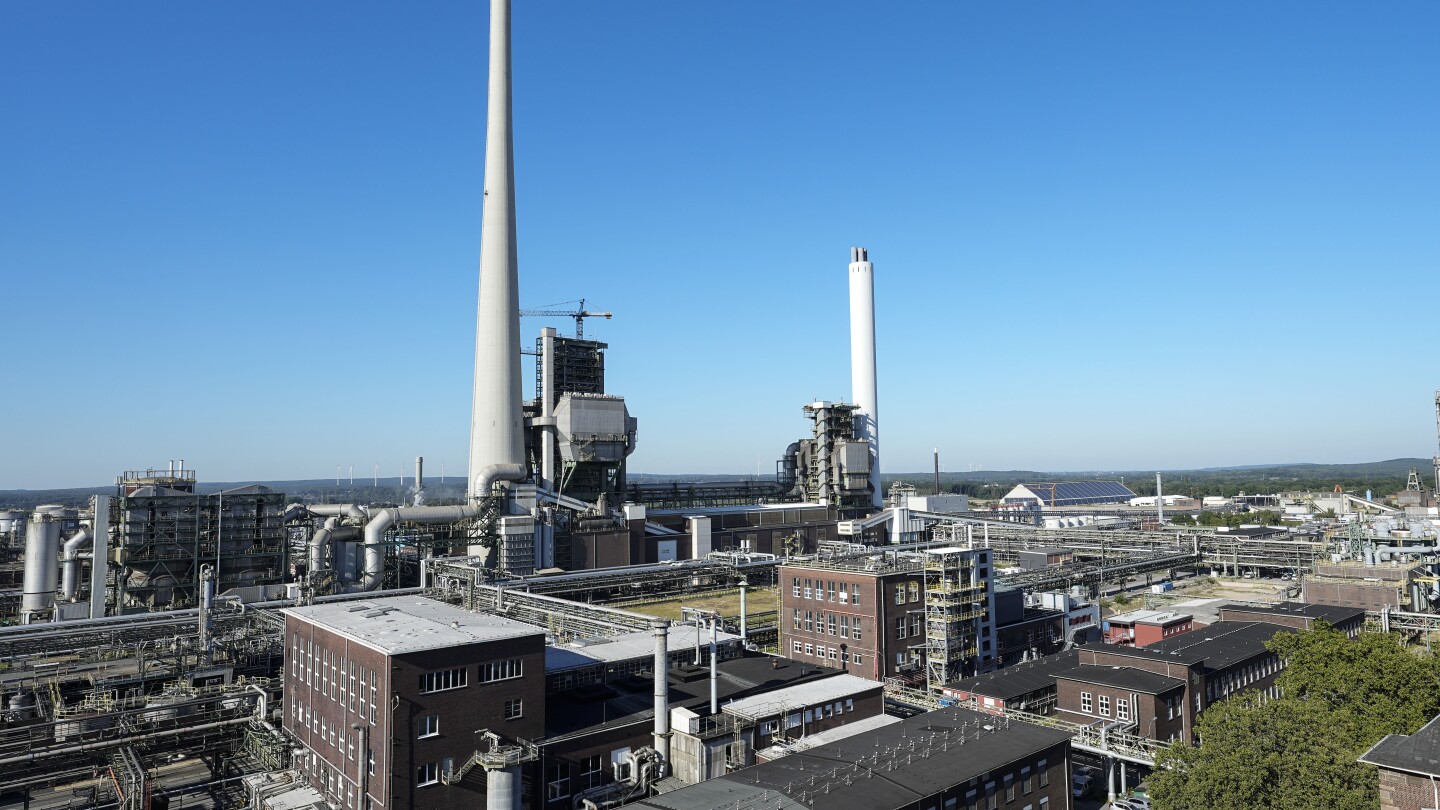For most of this century, Germany racked up one economic success after another, dominating global markets for high-end products like luxury cars and industrial machinery, selling so much to the rest of the world that half the economy ran on exports.
Jobs were plentiful, the government’s financial coffers grew as other European countries drowned in debt, and books were written about what other countries could learn from Germany.
No longer. Now, Germany is the world’s worst-performing major developed economy, with both the International Monetary Fund and European Union expecting it to shrink this year.



Don’t worry about BASF they’ve been preparing for the end of fossil fuels for decades and have a gazillion replacement recipes in place that they were already using depending on the oil price: If necessary they can produce all their precursors and therefore everything from e.g. starch, they’re also one of the primary investors in hydrogen infrastructure.
OTOH they’re nowhere close to being the poster-child of green chemicals, that honour goes to Werner & Mertz (and a couple of even smaller companies noone has ever heard of, e.g. folks working on lignin-based plastics).
And they didn’t use those recipes before, no doubt because the profit margins with those are lower.
It doesn’t take much of a loss in profitability for a company as large as BASF to pull down Germany’s GDP if only a little bit (and when the difference between GDP growth being reported as “strong” or “weak” is all of +/-1%, every little bit counts).
And then on top of that there’s other companies directly or indirectly dependent on cheap hydrocarbons, as well as the whole situation of the high dependency of German Households on gas for heating.
I for one think that over the long run getting rid of its hydrocarbon addiction will be good for Germany, but before the country gets there the cold-turkey period will naturally impact its GDP growth.